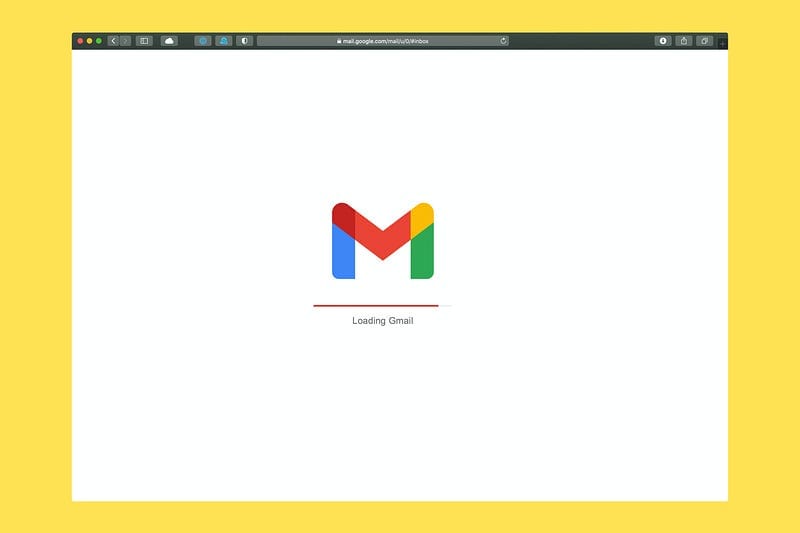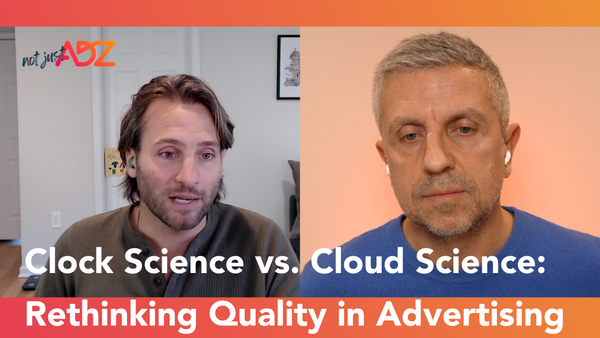Are Media Owners Factoring In The Cost Of Email In The Universal Identity Debate? | AdExchanger
The most serious threat to publishers’ business models is coming from within.

The most serious threat to publishers’ business models is coming from within.
I’m talking about email-based universal IDs.
In the last couple of years, media owners have made large investments in the diversification of revenue sources, especially around subscriptions, registrations, logins, e-commerce, and the first-party data coming from those connections. I see a huge focus on controlling their assets and building a direct relationship with their audience.
To turn around and contribute that data in order to reproduce a system which historically strangled publishers and reduced their activity to a fight for survival, makes little sense. It also makes media owners undermine recent progress and strategies.
I struggle to see why the effect on publishers of an email-based universal ID would be different from the past. Plus, imagine the face of regulators being told that a privacy-first solution for substituting the third-party cookie is… email.
To those trying to maintain the status quo, my visions are dismissed as naïve and detached from the financial element (“Whose finances?” I always reply).
But the cost of a strategy to entice the user to register is in itself a huge commitment in terms of budget, human and time resources.
If in the past what caused the commoditization of publishers’ assets was deciding to join the programmatic open marketplace, putting email addresses into a universal system today has a much higher cost and impact.
Yesterday, the assets being commoditized — audience, data, inventory — were the byproduct of digital media. Capturing email addresses requires proactive efforts that increase the value of that asset to a higher level.
Just think of the huge cost and commitment in building user trust, developing registration, login, subscription, membership strategies and the marketing, communication and technical infrastructures supporting them. What I called the “funnel of trust” in one of my last columns is not something you build overnight.
Publishers are now expected to go through all that extra effort, just to hand over that hard-earned email and user trust “for the greater good” of a system whose dynamics have battered media owners for more than 10 years. Swapping ID systems won’t change that dynamic.
Let’s not accuse ad tech, though, for presenting publishers with this option. They are driving their own agendas and trying to guarantee a future for their companies. The core contradiction happens within the publishers themselves.
While the marketing, editorial and technology teams work hard to diversify media monetization channels and try to increase subscriptions in a very user-centric way, the advertising teams are risking to offset those efforts and, ultimately, to be guilty of the mother of all sins: betraying the user’s trust. Once again, the audience is pulled in opposite directions by two forces theoretically sharing the same goals.
Progress doesn’t happen in a straight line: I am strongly optimistic about the future of media, but also seriously worried about the lack of coordination across the different areas in a media owner’s organization. Without consistency, the tunnel vision of certain departments could create long-lasting external damage and diminish revenue potential.
What will happen to identity without sharing back hard-won email addresses?
Starting with the integrity of a truthful, honest engagement between the individual user and the media owner, the topic can be approached and rethought within the boundaries of a one-to-one (if the publisher is big enough) or one-to-a-trusted-few (i.e. a media alliance) kind of relationship.
The future of media revenue is an audience-centric set of harmonized streams. It’s not a contradictory clash of disjointed initiatives.
Originally published at https://www.adexchanger.com on April 13, 2021.





